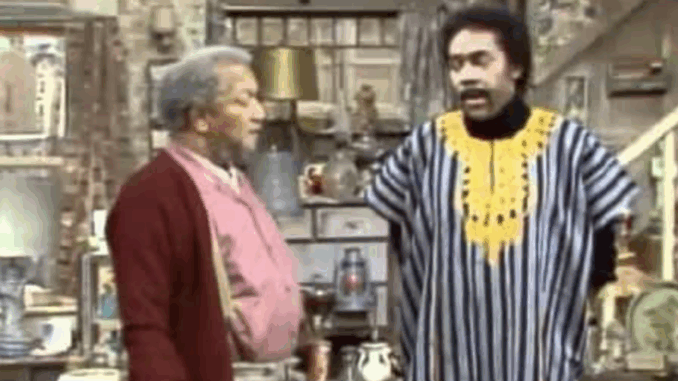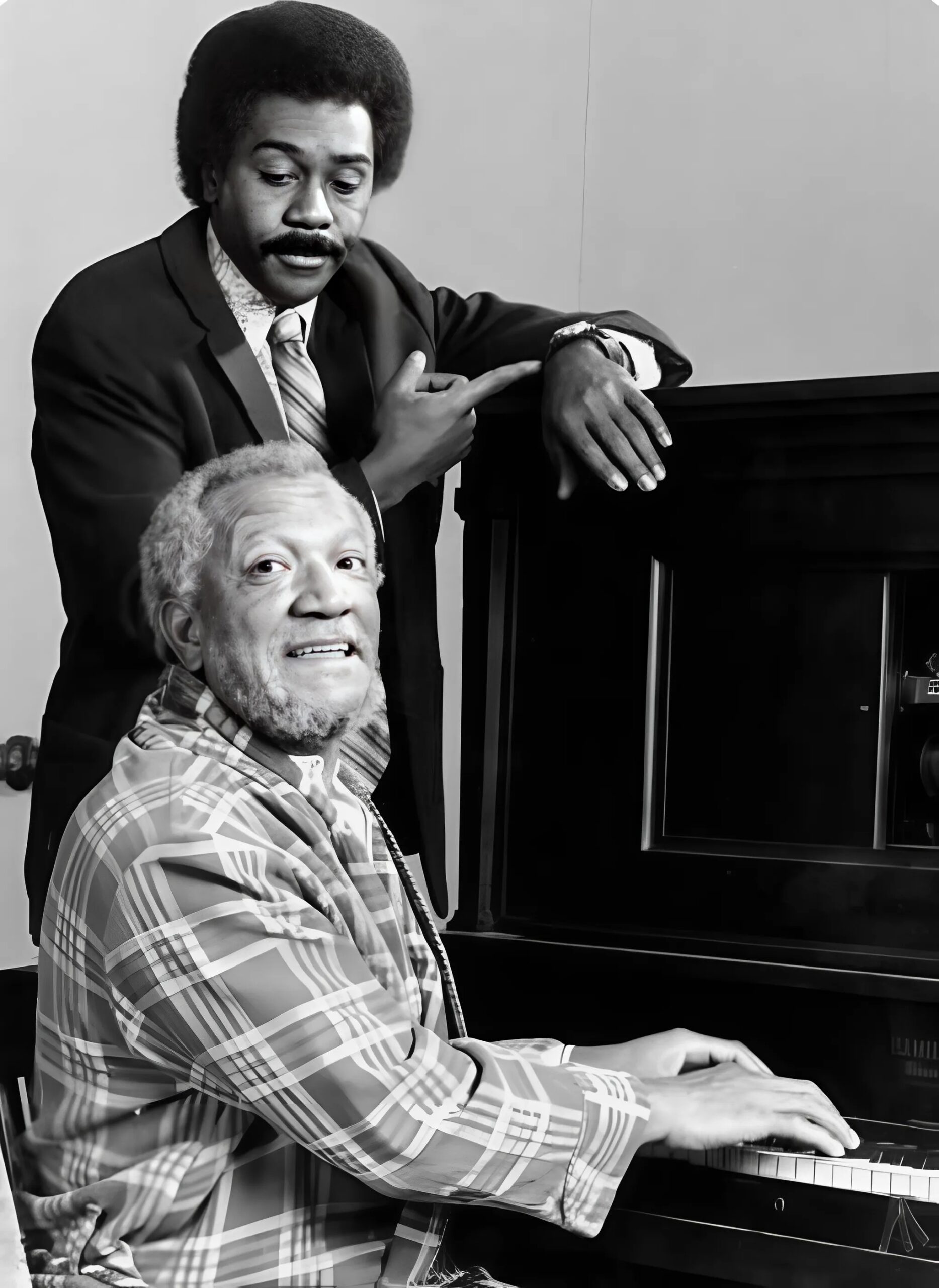
At the very heart of Sanford and Son lies the tumultuous yet undeniably loving relationship between Fred Sanford and his son, Lamont. This iconic pairing wasn’t just the show’s engine; it was a masterclass in intergenerational conflict, comedic timing, and the enduring bonds of family. Their constant clashes—a collision of two wildly different mindsets—generated the bulk of the show’s humor and its most touching moments.
The Clash of Generations and Ideals
Fred, representing the older generation, was a creature of habit, steeped in old-school ways, often suspicious of change, and perpetually looking for the easiest way out (or a quick buck). His worldview was shaped by hardship, making him cautious, frugal to a fault, and prone to exaggerated ailments when work loomed.
Lamont, on the other hand, embodied the aspirations of a younger generation. He was more educated, forward-thinking, and eager to expand his horizons beyond the confines of the junkyard. He sought respectability, yearned for a conventional life, and genuinely wanted to do things “the right way.”
This fundamental difference in outlook was the perfect comedic catalyst. Every episode was a fresh opportunity for these two worlds to collide. We’d see Lamont trying to do the responsible thing—like expanding the business, dating a new woman, or simply trying to relax—only for Fred to inevitably throw a wrench in his plans with some outlandish scheme or a dramatically feigned illness. The classic “father blames, son shakes his head” dynamic was a constant, hilarious refrain. Fred’s attempts to shirk work or concoct some outlandish money-making scheme were legendary, leaving Lamont to navigate the chaos with a mix of exasperation and weary affection.

More Than Just Laughs: A Deep Familial Bond
While their squabbles were a source of endless laughter, the true genius of Fred and Lamont’s relationship lay in its underlying warmth. Beneath the constant bickering, the insults, and Fred’s manipulative antics, there was a profound love and dependency. Lamont, despite his frustrations, never truly abandoned his father, always returning to help, rescue, or simply tolerate him. And Fred, for all his stubbornness, would often reveal a vulnerability that showed just how much he relied on and cared for his son.
These moments of genuine connection, often surprising the audience after a torrent of comedic arguments, added a layer of emotional depth to the show. They reminded viewers that family bonds, even the “irrepressible” ones, are built on more than just agreement; they’re forged in shared experiences, enduring patience, and unconditional love. Fred and Lamont weren’t just a comedic duo; they were a relatable portrait of father-son love, messy and imperfect, but ultimately unbreakable.